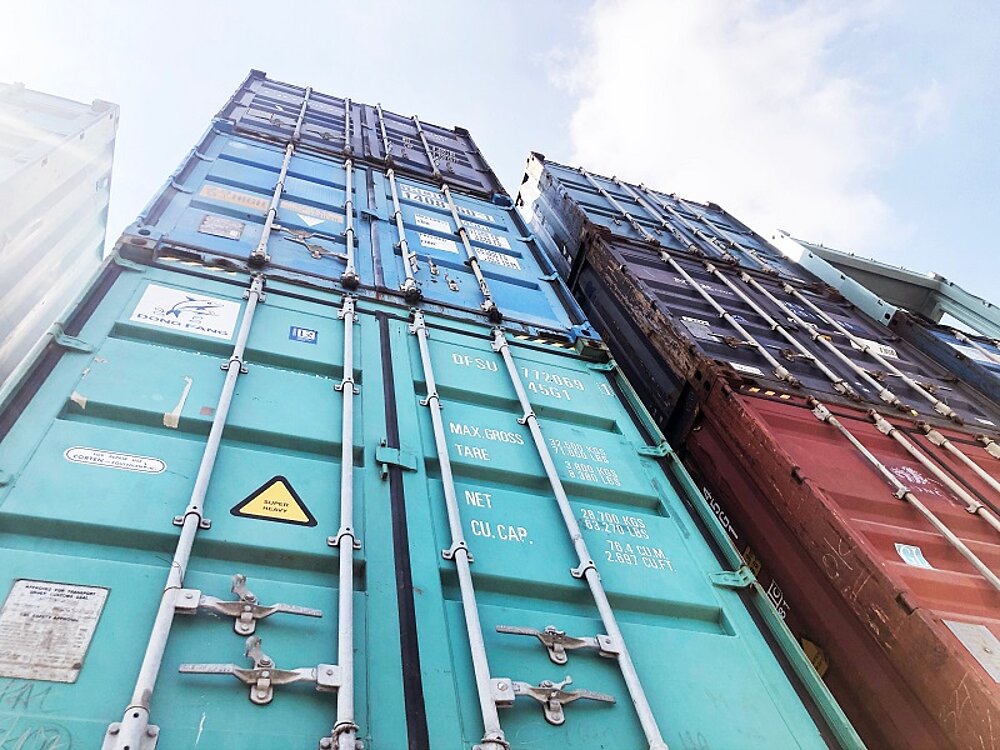Find out today what the legal world will be talking about tomorrow.
28.07.2021
Changes to mail order regulations from 01.07.2021, extension of the One-Stop-Shop (OSS) procedure

From 01.07.2021, a distinction will be made between the following three types of distance sales.
- Intra-Community distance sales (§ 3 c para. 1 UStG);
- Distance sales of goods imported from the territory of a third country to an EU member state other than the one in which the transport or dispatch of the goods to the purchaser ends (Section 3 c (2) of the VAT Act);
- Distance sales of goods imported from the territory of a third country to the EU member state in which the transport or dispatch of the goods to the purchaser ends (Section 3 c (3) of the VAT Act).
The legal consequence is the same for all three cases. The place of delivery shifts to the place where the transport ends. From the perspective of the domestic entrepreneur, this regularly means a VAT liability in the country of the end of the transport, thus in another EU member state.
Intra-community distance selling
In the following, the intra-community distance selling (§ 3 c para. 1 UStG) is described in more detail, prerequisites:
- Supply of an item with transport/dispatch by the supplier and cross-border transport from the territory of one EU member state to the territory of another EU member state.
- Supply to a (non-entrepreneurial) purchaser (§ 3 a (5) sentence 1 UStG) or threshold purchaser (§ 1a (3) UStG).
- Exceeding a turnover threshold of EUR 10,000.00 (Section 3 c (4) sentence 1 UStG). The turnover threshold only applies if the supplier is located exclusively in an EU member state. The threshold is calculated on the basis of all turnover generated by intra-Community distance sales to all other EU member states. The threshold is therefore to be applied EU-wide. The threshold is annualized. The supplier can waive the application of the threshold by declaration to his tax office.
One-stop shop procedure (OSS)
If the conditions for an intra-Community distance sale are met, especially in the case of online sales to non-entrepreneurs, the sales transaction is subject to VAT in the other EU member state from the perspective of the domestic entrepreneur. Therefore, registration in the other EU member state would be necessary. Registration can be avoided if the requirements of the extended one-stop shop procedure (OSS) are met (§ 18j UStG). Participation in this procedure is possible for all entrepreneurs as defined by the UStG who, in particular, are domiciled in Germany and who, for consideration
- provide services to private individuals in EU member states in which they are not (additionally) resident, or
- make intra-Community distance sales, or
- provide an electronic interface through the use of which they support the supply of goods within an EU Member State by a non-EU taxable person.
Entrepreneurs who are not established in the EU but deliver goods from a warehouse in Germany to private individuals in the EU can also participate in this procedure.
In Germany, the procedure is also referred to as the "one-stop shop". In Germany, the Federal Central Tax Office (BZSt) is responsible. Entrepreneurs submit a declaration to the BZSt in which they declare all sales in other EU member states, e.g. with regard to the above-mentioned domestic distance sales, in aggregate per member state and apply the tax rates applicable there to them. The sales taxes of the respective EU member states must then be paid to the BZSt together. The BZSt takes over the forwarding of the sales tax. The sales tax applicable in the respective country of destination must continue to be shown on the invoice to the end customer.
Previously, this procedure only applied to services provided electronically for non-business use, i.e. telecommunications, radio and television services. As of 01.07.2021, the procedure will also apply to the distance sales described above. Entrepreneurs can only apply the OSS uniformly within the EU. If, in addition, sales are made that cannot be declared in the OSS procedure, the standard taxation procedure with registration requirement in the respective EU member state must continue to be applied.


